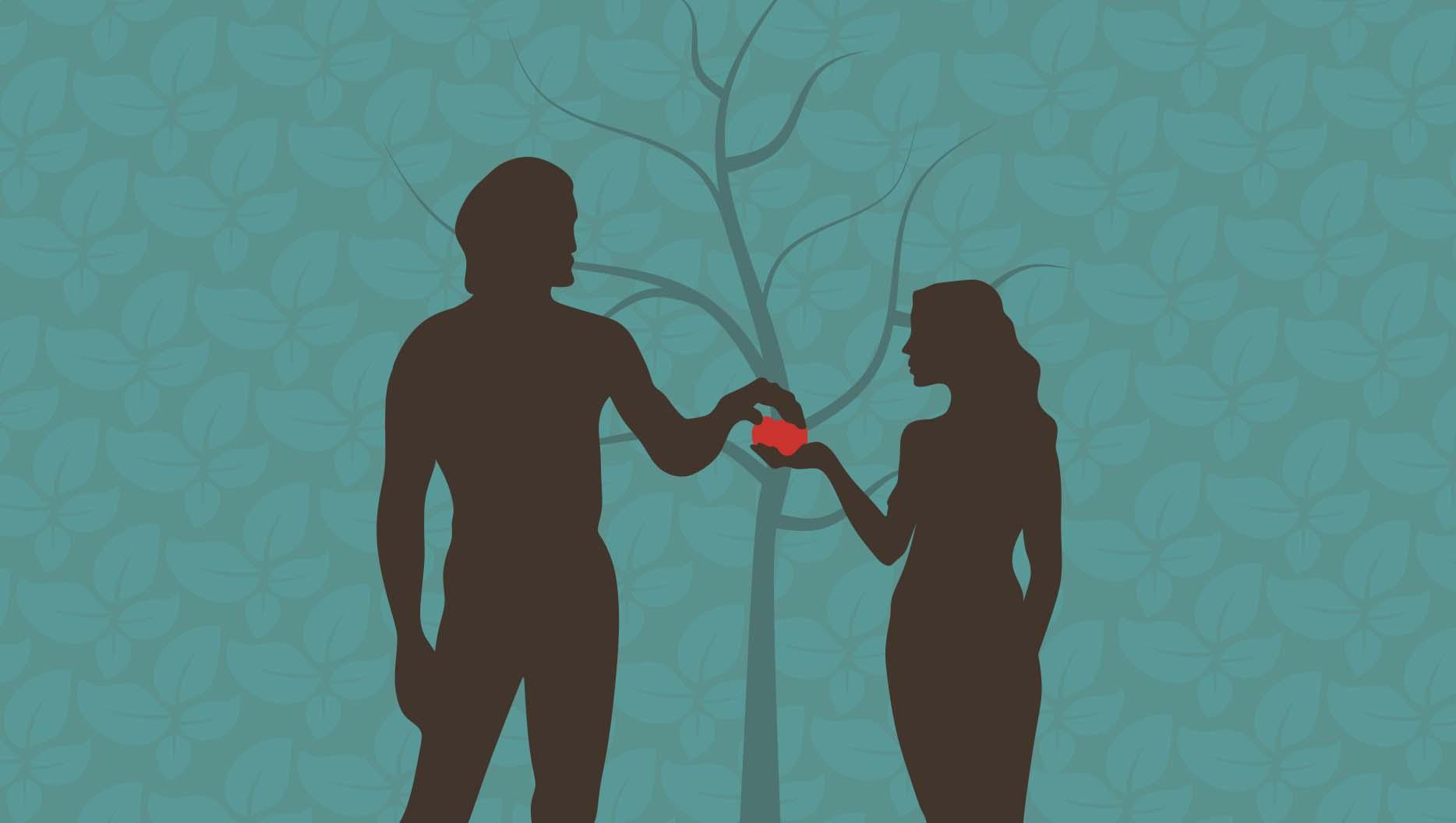Did you ever notice that Adam named Eve after the Fall? This small detail from the first few chapters of Genesis, given in a single verse, leads us to an inspiring truth in one of our closest relationships.
Initially, Adam called his wife simply “Woman” (Gen 2:23). But after their disobedience, he named her Eve, which means “life-giver” (Gen 3:20). She would be “the mother of all the living.” After she disobeyed God, Eve had every reason to believe she was anything but a life-giver. But this is the name Adam chose for her immediately after hearing the full impact of their sin and failure from their holy God.
This is an unexpected turn. Earlier, Adam had sidestepped his responsibility for disobeying God and resentfully blamed Eve, and ultimately God, for his failure. God then pronounced a sentence on each of them—to her, pain in childbearing—to him, relentless toil in his work. Their lives together would be marked by struggle. It was a somber and devastating moment.
But instead of nursing resentment and continuing to blame his wife, Adam’s immediate response and first act of loving leadership was to rename her “life-giver.” For though God had announced curses upon them, he also gave them a magnificent promise of redemption (Gen 3:15). Through the woman, God promised to bring an offspring, a rescuer, to triumph over the enemy. Now Adam and Eve had a consequential decision before them: Would they look at their dire situation and continue to turn on one another or would they trust God’s word to them?
It was in light of the troubling future they faced that God’s promise became even more poignant and powerful. Adam listened well. He heard the gospel. He remembered their calling to “be fruitful and multiply” (Gen 1:28). And in faith, Adam pointed his wife to the good news before her. Eve is the mother of the living because through her God would reverse the curse of death and bring about life. Her name would define her destiny and be a daily reminder of God’s word to them. She would indeed be the mother of all the living. She would be reminded of this hope every time Adam called her by name. It probably gave him hope, too.
When we experience a dire situation, we are tempted to wallow in shame and to despair and turn against others. We must remember and believe God’s promises and his Good News, but not just for ourselves. We must turn in faith and love and speak with hopeful confidence to those around us. This is precisely what we see in Adam’s naming of Eve.
Isn’t it true that Adam is most often used as an example of what a husband should not be like? We read the garden story and painfully watch his passivity, complicity, and silence. We groan as he avoids taking any responsibility for his sin and grievously lays the blame on his wife. However, Genesis 3:20 shows us a different side of Adam, one that proactively initiates, confidently takes God at his word, and nourishes Eve with the power in his name for her. Christian, let us be more like this Adam.




